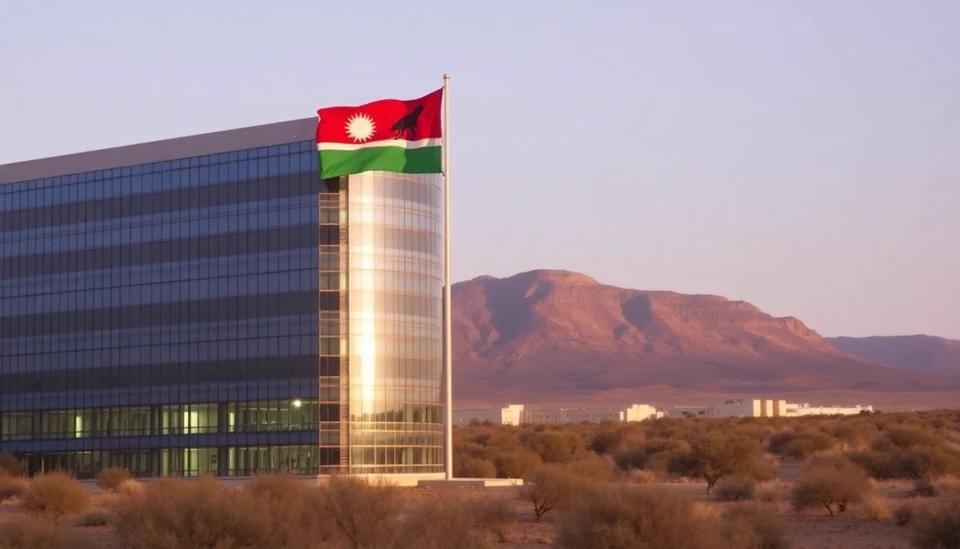
Namibia has reported that the European Union's ongoing initiative is hindering its ability to issue green bonds, a crucial financing tool for the country’s commitment to sustainable development and climate resilience. This setback comes as Namibia looks to enhance its capital markets and attract foreign investments, particularly in projects aimed at combating climate change.
The EU's strategy, focusing on a common framework for defining which investments can be labeled “green,” has created a ripple effect that affects countries worldwide, particularly those in developing regions. The delay stems from Namibia’s need to align its green bond framework with the EU's regulations. This alignment is essential not only to attract European investors but also to ensure the credibility of Namibia’s green financing efforts on the international stage.
As Namibia navigates the complexities of its green bond issuance, officials have expressed concerns regarding the potential economic repercussions of these delays. The country’s economy is heavily reliant on capital inflows to finance renewable energy projects, conservation efforts, and other environmentally friendly initiatives. Without timely access to these funds, Namibia risks falling short of its climate objectives and international commitments.
The Namibian government has been proactive in developing a robust renewable energy sector, but to sustain this momentum, it urgently needs to mobilize financial resources. The green bond market has emerged as a vital channel for raising funds in a responsible manner, yet the current regulatory cobweb presented by the EU means Namibia must wait longer than anticipated to access these much-needed resources.
Industry experts argue that the EU's robust regulatory framework, while critical in ensuring transparency and preventing "greenwashing," could inadvertently stifle the green financing efforts of smaller nations. They advocate for more flexibility and support from larger economies, enabling developing nations to participate meaningfully in global sustainability and climate finance discussions.
Additionally, Namibia is not alone in feeling the pressure of these regulatory shifts. Several other countries are also grappling with the consequences of aligning their green finance strategies with the EU’s push for more stringent definitions. As climate change becomes an increasingly pressing issue, delays in green bond issuances could stifle global efforts to mobilize the necessary capital for ecological projects.
Going forward, Namibia’s stakeholders are urging for dialogue between the EU and developing nations to find a balance that allows for meaningful participation without compromising the integrity of green financing. The hope is that a more collaborative approach could pave the way for a faster alignment process, enabling Namibia and similar countries to launch their green bonds and contribute to the global green transition.
In summary, Namibia faces significant challenges in advancing its green bond market, primarily due to delays caused by the EU's regulatory initiative. As the country strives to attract investment for sustainable projects, it underscores the need for international cooperation to navigate the complexities of global green finance.
#Namibia #GreenBonds #ClimateFinance #SustainableDevelopment #EURegulations #RenewableEnergy #Investment #GreenInitiatives
Author: Sophie Bennett




